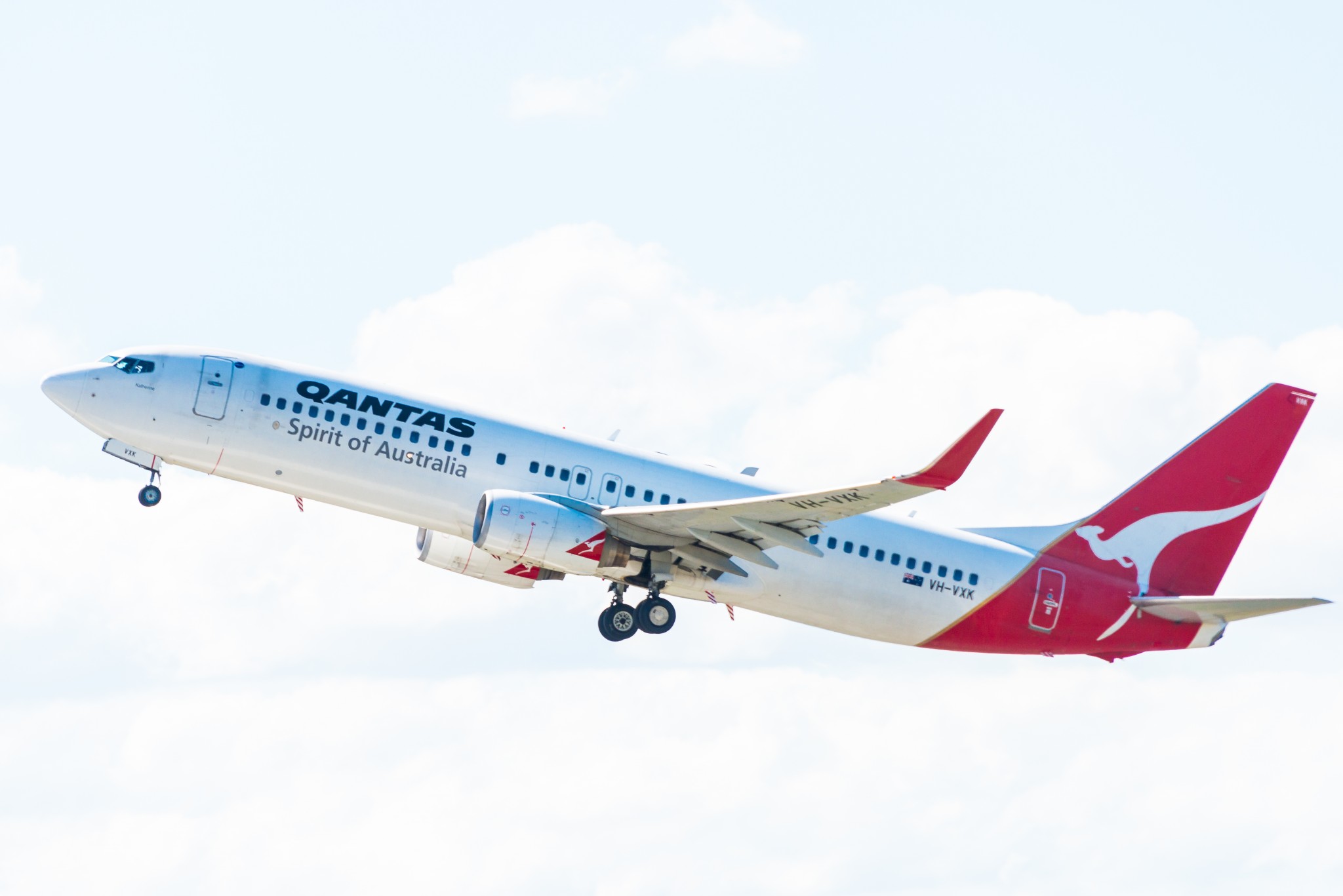Qantas Airlines has grounded one of its Boeing 737 NG planes after a structural crack was found.
The Australian carrier is now urgently inspecting 32 others to see if flaws exist elsewhere.
In a statement, Qantas said: "Even when a crack is present, it does not immediately compromise the safety of the aircraft. "We would never operate an aircraft unless it was completely safe to do so."
Boeing said cracks on the 737 NG, a precursor to the 737 Max, had been found in the "pickle fork" - which helps connect the wing to the fuselage, or body, to the wing structure and manages forces, could be prone to cracking.
Last month, US regulators ordered checks of all 737 NG planes which had undertaken more than 30,000 flights.
Qantas has responded saying none of its 737 NG fleet had been flown more than 30,000 times, adding that one plane with a crack had made fewer than 27,000 journeys.
Earlier this month, Southwest Airlines and Brazil’s Gol Linhas Aereas grounded a total of 13 Boeing Co 737 NG airplanes due to cracking found in the plane’s pickle forks.
Recently, IBA has said that it could cost up to $250,000 per aircraft to fix the pickle forks affecting Boeing 737NG variants -600, 700, 800, 900 and 900ER aircraft.
The issue comes after Boeing CEO Dennis Muilenberg faced two tense days of scrutiny on Capitol Hill this week where lawmakers probed him over two fatal crashes of the jetliners, which killed a total of 346 people.
Have the FAA got the 30,000 cycles limit wrong?
If they lower this to 25,000 vastly more aircraft will fall into the AD that may worry mid-life lessors and their investors. It is certainly a worry when pilot unions start to call for groundings - and this current environment is more focused on safety than ever before.
The risk that cracking of this nature could cause an accident is too high for airlines. The dilemma for all to consider is when should safety norms be overruled by a necessity to be seen to be going the extra mile, no matter the cost or imposition, just to be sure?

